
The Financial Action Task Force (FATF) is the global regulator/watchdog for money laundering and terrorist financing. The intergovernmental body establishes international standards with the goal of preventing illegal activities and the societal harm they cause. The FATF, as a policy-making body, works to generate the political will required to bring about national legislative and regulatory reforms in these areas.
Since its inception in July 1989,the FATF has issued FATF Recommendations, also known as FATF Standards, to ensure a coordinated global response to organized crime, corruption, and terrorism. The organization assists national authorities in pursuing the assets of criminals involved in illegal drugs, human trafficking, money laundering and other serious crimes. The FATF also works to prevent the financing of weapons of mass destruction.
The FATF examines money laundering and terrorist financing strategies and continuously reinforces its standards to address new risks. Crypto assets fall in that category. The FATF monitors countries to ensure that the FATF Standards are fully and effectively implemented, and holds non compliant countries accountable.
The objectives of the FATF are to set standards and promote effective implementation of legal, regulatory and operational measures for combating money laundering, terrorist financing and other related threats to the integrity of the international financial system. Starting with its own members, the FATF monitors countries' progress in implementing the FATF Recommendations; reviews money laundering and terrorist financing techniques and counter-measures; and promotes the adoption and implementation of the Recommendations globally. Its decision making body, the FATF Plenary, meets three times per year.
The Importance of Crypto Asset Regulation
Money laundering has grown in popularity as the global economy and international trade have expanded. The FATF makes recommendations to combat financial crime, reviews member policies and procedures, and works to increase global acceptance of anti-money laundering regulations. Because money launderers and others change their methods to avoid detection, the FATF's recommendations must be updated every few years.

In relation to crypto assets, FATF standards aim for a fair treatment of virtual assets generally following the internationally agreed principle of "Same Function, Same Risks, Same Regulation". The FATF's rules apply not only when virtual assets are exchanged for fiat currency, but also when they are exchanged for other crypto assets. Virtual assets are any digital representation of value that can be traded, transferred, or used for payment.
According to the FATF, virtual assets have several potential benefits, including simpler, cheaper, and quicker payments, as well as giving alternate options for individuals who do not have access to traditional financial products. However, without effective regulation, they risk becoming a virtual safe haven for criminal and terrorist financial operations. The FATF has been closely tracking developments in the crypto space and has provided extensive recommendations on regulatory frameworks. However, the bulk of world governments have yet to take action. These flaws in the global regulatory framework have opened up opportunities for criminals and terrorists to exploit.
The FATF has adopted worldwide, binding norms to prohibit the misuse of virtual assets for money laundering and terrorist funding, with the backing of the G20.
Call to Action
The Task Force urges countries to adopt its Recommendations as quickly as possible. This should ensure the transparency of virtual asset transactions while keeping monies associated with crime and terrorism out of the crypto space.
Many virtual asset service providers (crypto exchanges, decentralized exchanges, OTC desks, bitcoin ATMs, P2P exchanges, etc.) are now regarded as "risky companies" and are refused access to bank accounts and other traditional financial services. While adopting the FATF regulations may be difficult for the industry, it will eventually boost trust in blockchain technology as the foundation of a strong and practical way of transferring value.
The FATF has recently amended its assessment process, which outlines how it will judge whether nations have successfully adopted its Recommendations and are regulating the crypto business sector.
The technology behind crypto assets is rapidly evolving. Terrorists and criminals should not be able to exploit future breakthroughs.
As observers, a vast number of international organizations engage in the FATF, each of which is involved in anti-money laundering initiatives in some way. Interpol, the International Monetary Fund (IMF), the Organization for Economic Cooperation and Development (OECD), and the World Bank are just some of them. Countries that wish to become members of the FATF must be regarded as strategically significant (large population, high GDP, developed banking and insurance industry, etc.). It should also conform to globally accepted financial norms and participate in other major international organizations.
When a nation or organization becomes a member, it must endorse and support the most current FATF recommendations, pledge to being reviewed by (and evaluated by) other members, and collaborate with the FATF in the creation of future recommendations.


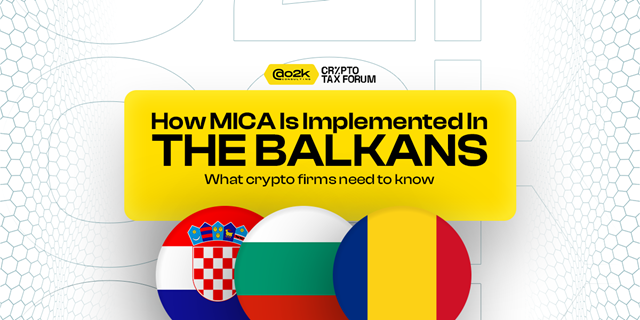

.png)

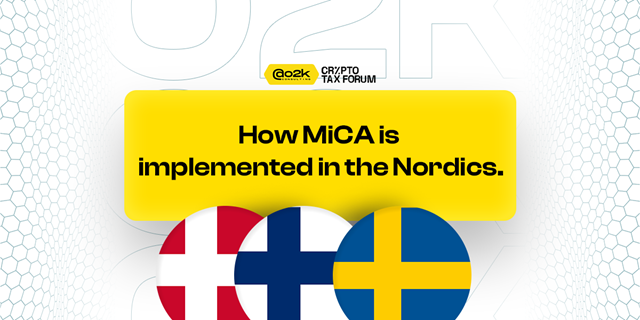


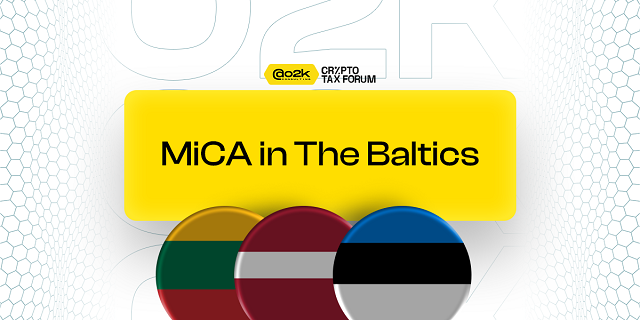
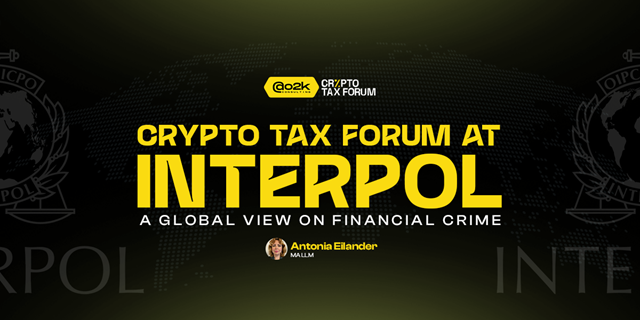





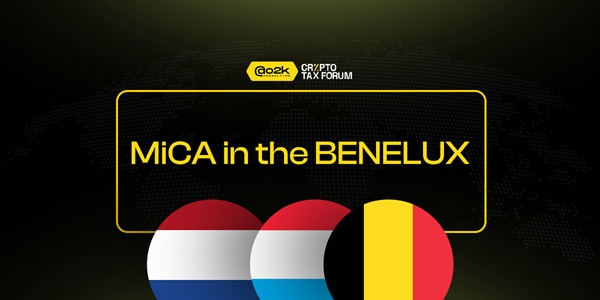
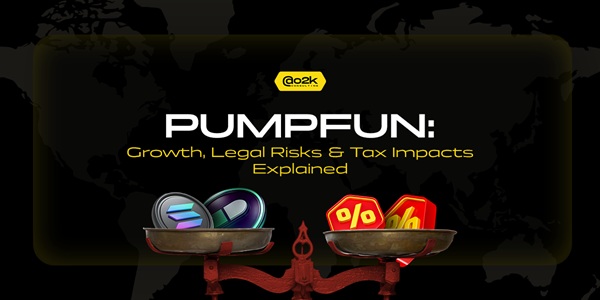











.jpeg)


























.jpg)




































